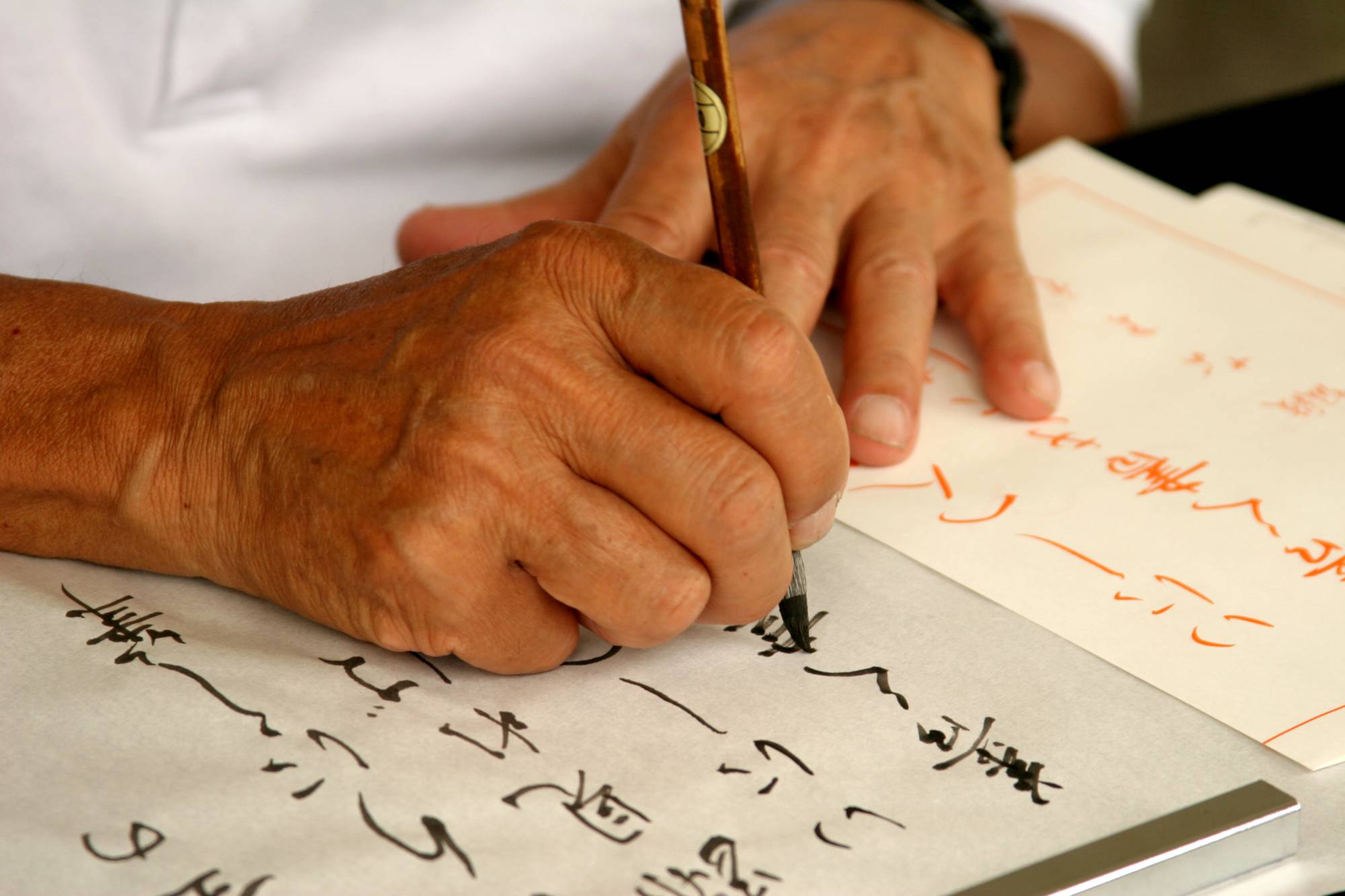Some stories are born in an instant; others take time to fruition. For haiku poet and novelist Alan Spence, his latest book spent nearly a lifetime gestating. The subject of “Mister Timeless Blyth” is R.H. Blyth — an English scholar, conscientious objector during World War I, tutor to the young emperor-to-be Akihito and the man who helped introduce Japanese haiku to the West.
“I first encountered Blyth back in the 1960s,” Spence, 76, says. “I think I can pin it down to 1968. A friend loaned me a copy of Blyth’s ‘Zen in English Literature’ and it blew me away, the fact that he was drawing on a Western tradition and that Zen wasn’t just something exotic and esoteric. The way Blyth portrayed it was very accessible, something I recognized and felt completely at home with.”



















With your current subscription plan you can comment on stories. However, before writing your first comment, please create a display name in the Profile section of your subscriber account page.